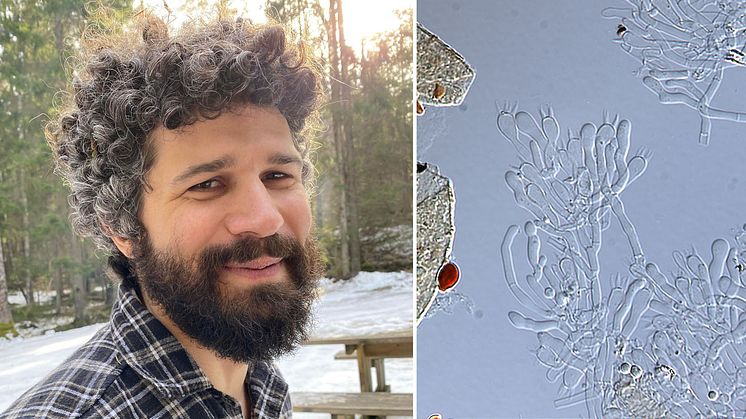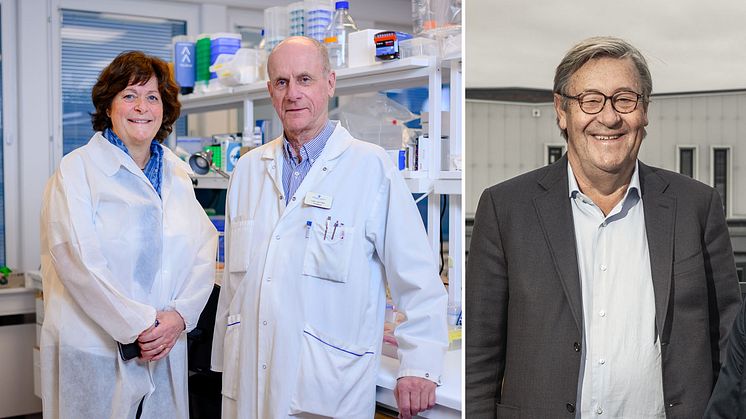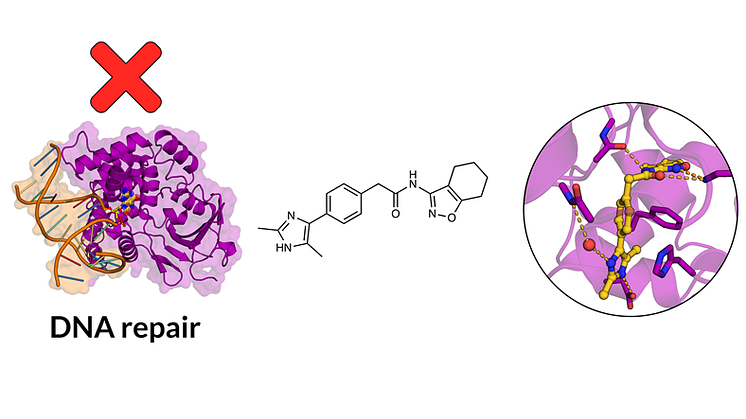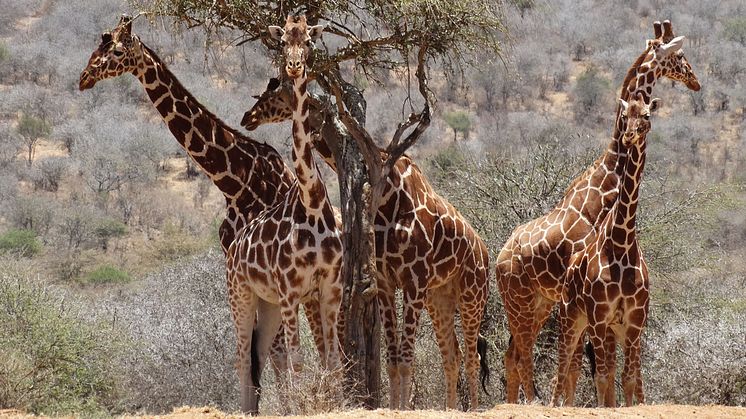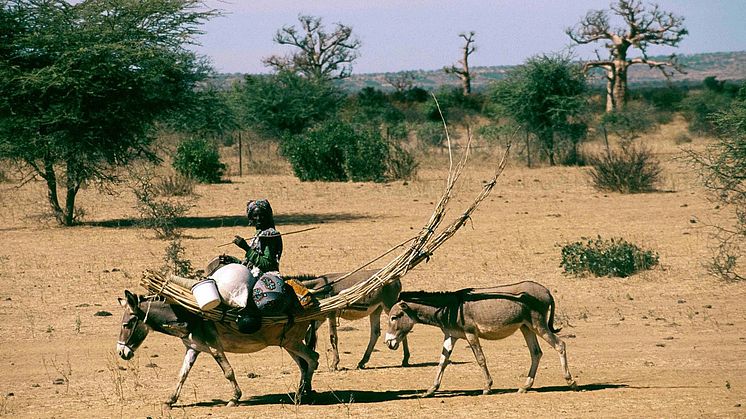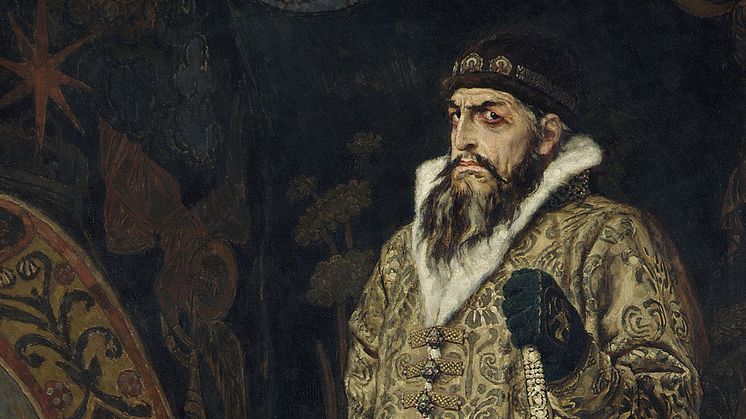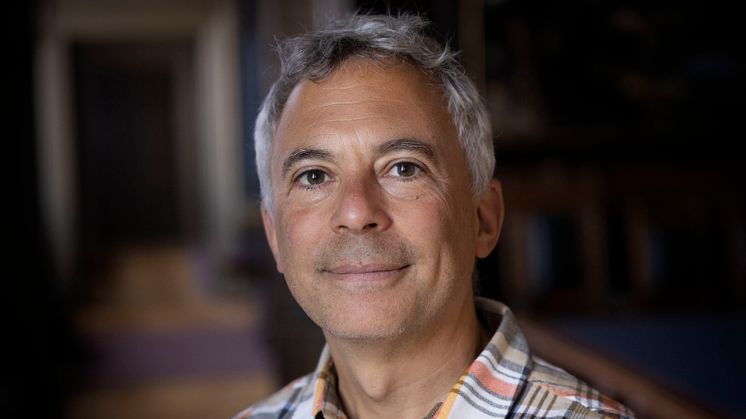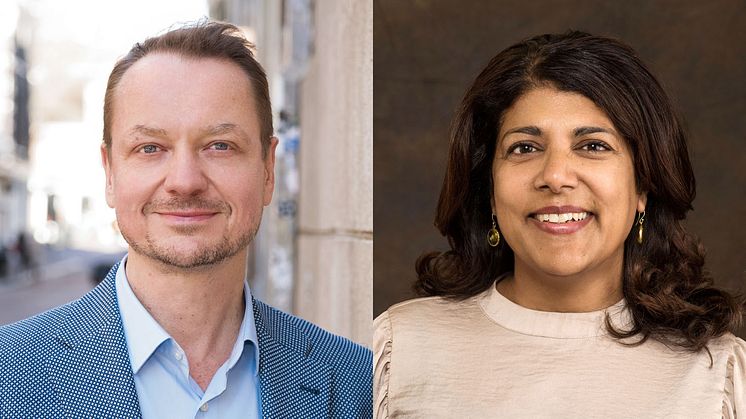New ‘shy’ fungus found in old-growth forest
Although fungi of the genus Piloderma are common, scientists have now discovered five previously unknown species. One of these is one of the most widely distributed species in Northern Europe, while another is found only in old-growth forests. The discoveries show that diversity in this genus is much greater than previously thought.
